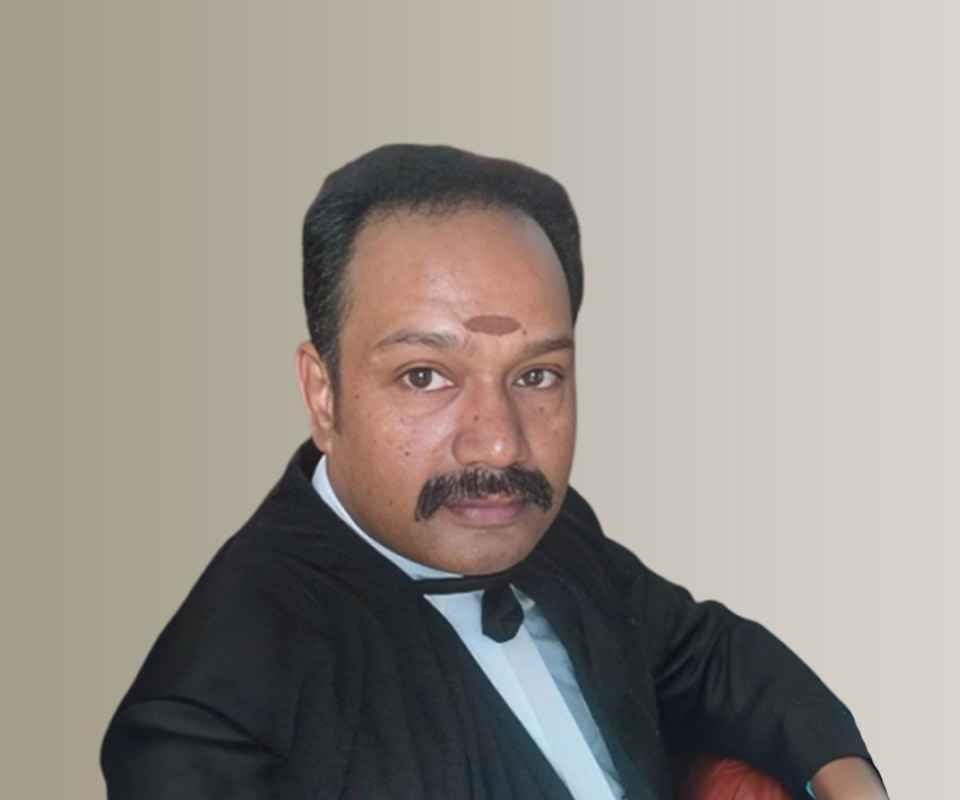Answer By law4u team
In arbitration proceedings in India, the standard of proof required generally follows the principles of civil law rather than criminal law. Here’s how the standard of proof is understood and applied in Indian arbitration: Balance of Probabilities Civil Standard of Proof: Arbitration proceedings in India typically require parties to prove their claims or defenses on a balance of probabilities. This standard means that a party must demonstrate that their version of events or facts is more likely to be true than not. Preponderance of Evidence: Parties are not required to prove their case beyond a reasonable doubt, as in criminal law. Instead, they must provide sufficient evidence and arguments to persuade the arbitrator(s) that their claims are more probable than the opposing party's claims. Evidentiary Requirements Burden of Proof: The burden of proof rests on the party making a claim or seeking relief in arbitration. This party must present evidence and arguments to substantiate their position and convince the arbitrator(s) of the validity of their claims. Admissibility of Evidence: Arbitrators in India have the discretion to determine the admissibility and weight of evidence presented by the parties. They may consider various forms of evidence, including witness testimony, documents, expert reports, and other relevant materials. Judicial Approach Judicial Interpretation: Indian courts have affirmed that arbitrators should apply a flexible approach to evidentiary standards, ensuring fairness and efficiency in arbitration proceedings. The focus is on allowing parties to present their case effectively while ensuring that the arbitration process remains expeditious and cost-effective. Conclusion In conclusion, the standard of proof required in arbitration proceedings in India is based on the balance of probabilities. Parties must demonstrate that their claims or defenses are more likely than not to be true, rather than proving beyond a reasonable doubt as in criminal proceedings. This civil standard allows arbitrators to make decisions based on the preponderance of evidence presented by the parties, ensuring a fair and equitable resolution of disputes through arbitration.









